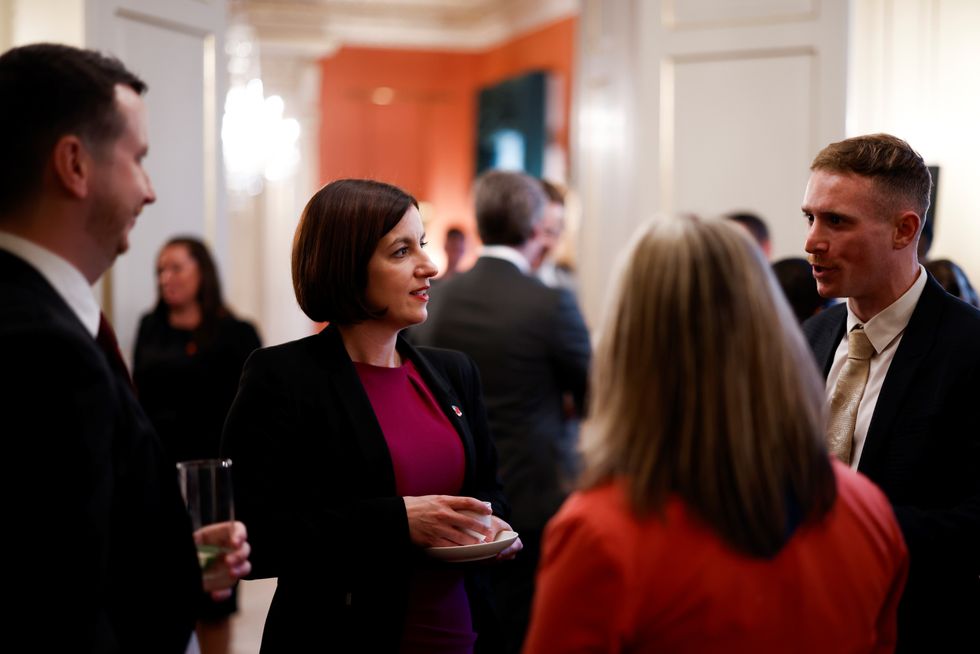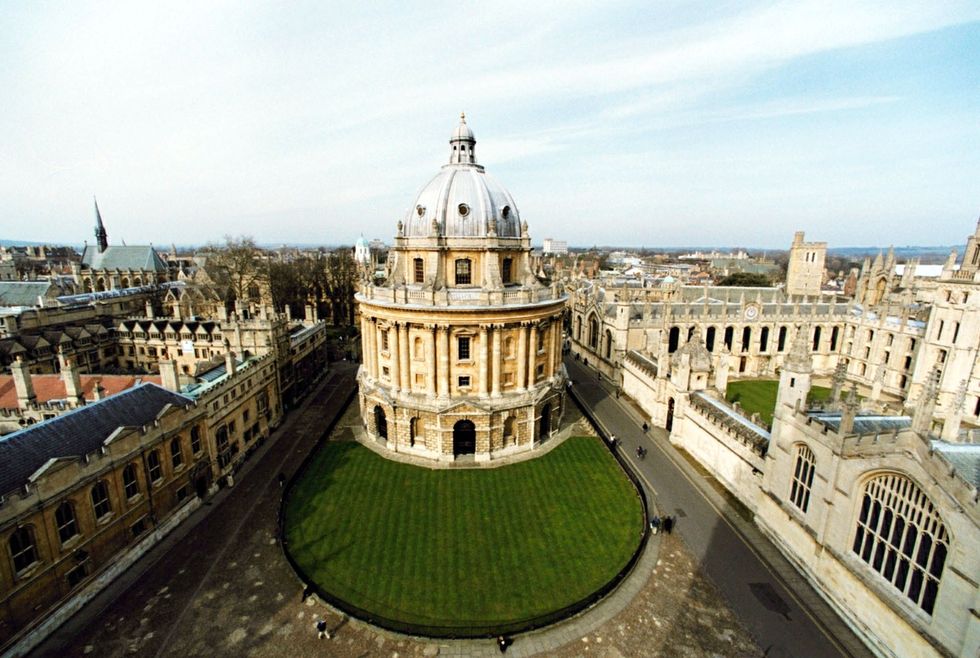Labour has started to set plans in motion to protect free speech at universities across the nation in January.
However, the policy is expected to be “watered down” from its original state when it was first introduced under the Conservatives, The Times repors.
Education secretary Bridget Phillipson endured substantial criticism in August after she announced that the Act would be put on hold while variations of the policy would be considered.
The policy was first put together in an attempt to strengthen current laws by placing a duty on Britain’s universities and student unions so that they would promote and protect free speech on campus.

Education secretary Bridget Phillipson endured substantial criticism in August after she announced that the Act would be put on hold while variations of the policy would be considered
PA
If they failed to abide by the law, the public institutions could be sued by affected individuals or groups.
Additionally, the Act established a new role: the director of free speech within the Office for Students (OfS), which serves as the independent regulator of higher education in England.
So far, the director’s role has included handling complaints, as well as penalising guilty universities or students unions for infringing the Act.
The “watering down” aspect might suggest that cancelled speakers to universities cannot seek compensation.
LATEST DEVELOPMENTS:
Officials reportedly said that they were shocked at the level of backlash the Government received.
It was announced that the policy would be paused for a period of time after it was passed in Parliament.
Academics and high-profile campaigners – such as Stephen Fry – spoke out against the law being culled.
It is understood that the process will continue now, although discussions about future amendments will be ongoing.

Academics and high-profile campaigners – such as Stephen Fry – spoke out against the law being culled
PA
The Government is contemplating whether to remove the “statutory tort” part of the law, which is in place to support those who had felt that their free speech had been impacted to launch civil claims.
The Free Speech Union has decided to bring a judicial review in the New Year to challenge the Government’s decision to pause the Act.
They have claimed that Phillipson acted “unlawfully” by removing protections for “people of certain protected groups”, such as “gender-critical persons or those who espouse minority political views”.
They have added that the Education Secretary was not permitted to pause the Act through a written ministerial statement alone, and that “any repeal of the legislation is a matter for Parliament not the executive”.
The judge permitted the appeal, declaring that it was in the “public interest” to resolve the matter.